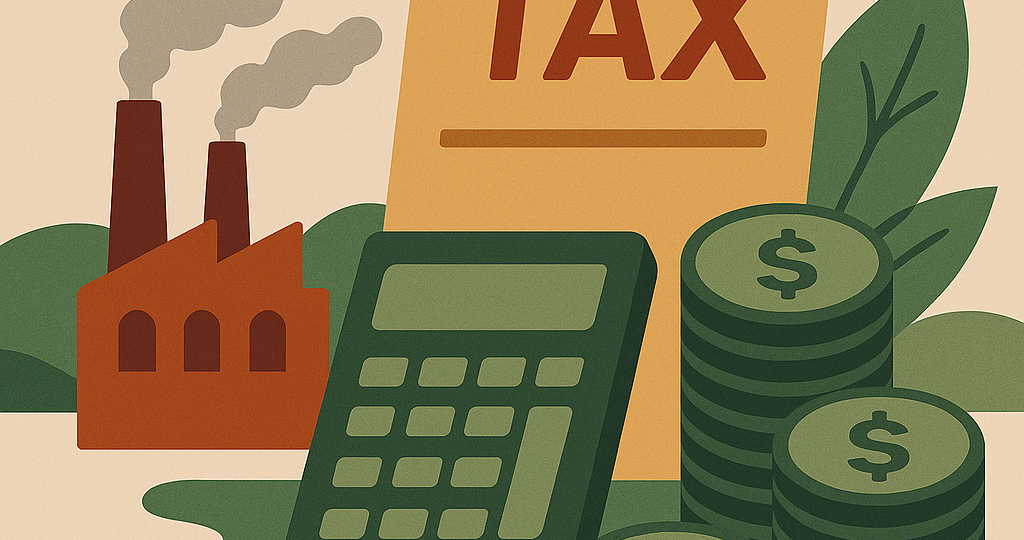
Imagine if every time someone threw trash into a river, they had to pay a fine. Over time, fewer people would litter, and the river would stay cleaner. That’s the simple idea behind something called a Pigouvian Tax—a special kind of tax designed not just to raise money, but to fix problems like pollution, traffic jams, and even public health risks.
The idea comes from the early 20th-century economist Arthur Cecil Pigou, who realized that some activities hurt people who aren’t involved at all. Economists call these hidden side effects negative externalities. For example, when a factory pumps smoke into the air, it’s not just their problem—it becomes everyone’s problem. People breathe dirty air, get sick, and the environment suffers. The factory isn’t paying for all that damage—it’s an invisible cost pushed onto society.
Pigou suggested that governments could fix this by adding a special tax to activities that create negative side effects. If the factory has to pay extra money for every ton of pollution it releases, it has a strong reason to pollute less or find cleaner ways to operate. In theory, a Pigouvian Tax is set just high enough to cover the real damage being caused—no more, no less. It’s not about punishing businesses; it’s about making sure the true cost of their actions is reflected in the price they pay.
You can see versions of Pigouvian Taxes today in things like carbon taxes (which charge companies for emitting greenhouse gases). On the topic of carbon taxes, electric cars are incentivized by the government by Pigouvian Subsidies, which is the opposite of Pigouvian Taxes, where the government pays a subsidy to encourage the making of more electric cars. By making harmful activities more expensive, Pigouvian Taxes nudge people and companies toward healthier, cleaner choices—without banning anything outright. It’s one of those elegant economic ideas that tries to guide behavior without heavy-handed rules, helping society balance freedom with responsibility.
RELATED POSTS
View all

